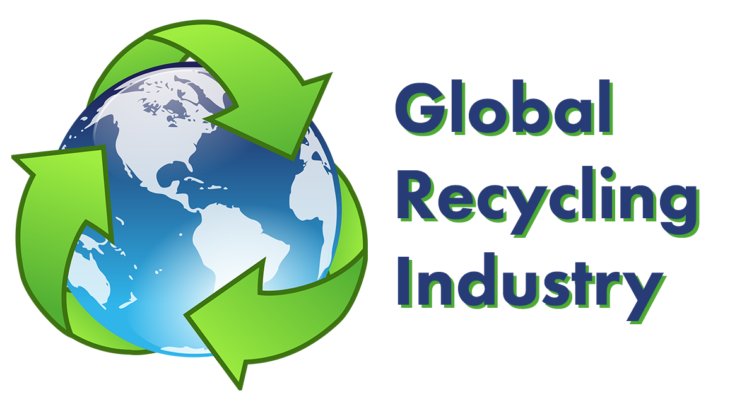
Global Recycling Industry Updates
At the end of 2017, Waste Management began informing customers about global developments in the recycling industry. In short, China — the largest importer of recyclables in the world — announced it would be imposing stricter quality standards and banning many recyclables as of 1/1/2018, under its new waste policy, known as National Sword, as filed with the World Trade Organization.
For long-time waste professionals, this appeared to mirror previous bans by China’s Ministry of Environmental Protection (now the Ministry of Ecology and Environment), so initial assumptions were optimistic that the severity of these new rules would wane in due time. However, China has only intensified its stance since the implementation of National Sword compared to its predecessors, Operation Green Fence (OGF) I and OGF II:
| National Sword Initial Action | National Sword Subsequent Action |
| Ban the import of 24 recyclable commodities, i.e. mixed paper and plastics. | Ban 8 additional categories of recyclable materials. |
| Reduce contamination (unacceptable items) threshold to .5%. | Implement Operation Blue Sky — inspection of 100% of shipping containers for enforcement of National Sword. |
| Suspend all new import license approvals. | Suspend the import of all recyclables from the US for one month. |
To understand the magnitude of these limitations, during the same period in 2017 versus 2018, Chinese officials issued 2,937 import permits versus only 108, respectively. At a conference in Orlando, Florida, last month, Executive President of China Scrap Plastics Association Steve Wong stated, “China has authorized import permits for only 〜375 million pounds of plastic for recycling, or 3% of the 12.9 billion pounds imported in 2017.”
Several countries, including the U.S., have implored China to reexamine its policy in light of the international disruption to all stakeholders, as well as the potential impact to natural resources. As the single largest consumer of recyclable material generated in North America, on 5/21, U.S. National Waste and Recycling Association sent a letter to Vice President Pence urging the federal government to take action against China’s restrictions on recyclables.
Globally, the impacts and remedies being reported are similar:
● Commodities market downslide.
● Taxes and bans considered on some plastics.
● Stockpiling, burning, and landfilling of recyclables.
● Diversification of end markets and developing domestic infrastructure.
● Quality assurance via plant technology upgrades in addition to public education.
● Recyclers incurring higher costs and contamination fees.
● Manufacturers reverting to using raw materials instead of recyclable materials.
China’s President Xi Jinping has emphasized his mission to improve China’s environmental issues and public health conditions by developing the infrastructure to manage waste internally and cease being the world’s dumping ground. Additionally, the higher cost of labor, increasing domestic waste generation, and decreasing demand for raw materials substantiate China’s apparent direction towards self-sufficiency in the world of waste, eliminating a need for foreign post-consumer recyclables.
If Operation Green Force I and II were the world’s wake up call, National Sword is the impetus for waste generators to find solutions to their own waste, for consumers to demand a higher increase of the percentage of post-consumer (recycled) content in manufactured goods, for manufacturers to design products with recyclability intention for end-of-life/disposal, and for haulers to invest in the recovery of high quality materials.
Waste Management (WM) continues to invest in its recycling infrastructure to drive quality and performance, and has been aggressive in its customer outreach and education via our Recycle Often. Recycle Right.™ website, a new recycling widget, and a myriad of publications. WM also works closely with national trade associations, state environmental protection agencies, and other stakeholders to preserve recycling in addition to the recyclables collected today. Please reference WM’s Single Stream Recycling and Most Common Contaminants poster to avoid contaminating your recyclable containers.






